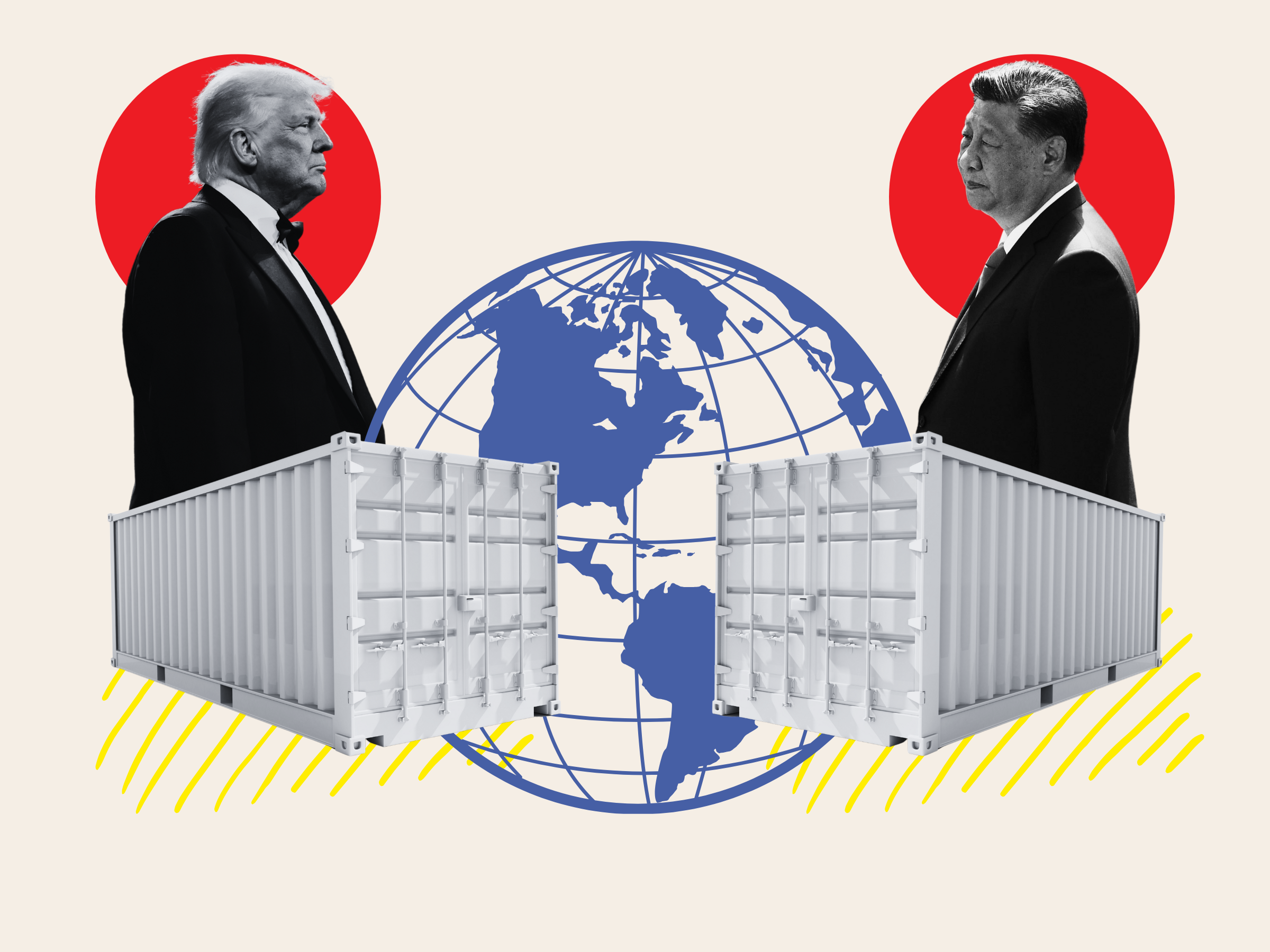🎙️ Voice is AI-generated. Inconsistencies may occur.
Faith leaders gathered in Philadelphia on Thursday to erect an altar in front of ICE headquarters in a defiant protest against the Trump administration's decision to allow agents to make immigration arrests in churches.
Why It Matters
The demonstration, which extended from the sidewalk onto Eighth Street in Center City and blocked traffic, took place on Thursday, one day before a federal court in Washington, D.C., was set to review a lawsuit seeking to reinstate the ICE policy that prohibited enforcement at houses of worship.
The Department of Homeland Security issued a memo in January that overturned the policy, which had barred U.S. Immigration and Customs Enforcement (ICE) agents from operating in or near schools, churches, and other "sensitive locations."
In a statement regarding the policy shift, a DHS spokesperson said that "criminals will no longer be able to hide in America's schools and churches to avoid arrest."

What To Know
The clergy reportedly decorated the altar with fruit, flowers, and crosses.
Peter Pedemonti, co-director of the New Sanctuary Movement of Philadelphia, addressed the crowd of around 90 people, who had gathered from over 30 congregations and included Catholics, Buddhists, Mennonites, Unitarians, Methodists, and Jews.
"We defend the sacred, not ICE, not Trump," Pedemonti told the crowd.
Outside the ICE office on the corner, pastors assembled an altar using a plastic folding table and four short Doric columns. One by one, they stepped forward to place offerings on the table: apples and tangerines, Tibetan prayer flags, roses, and a small carving of Christ with arms outstretched, according to The Philadelphia Inquirer.
Approximately 47,000 undocumented individuals live in Philadelphia, according to the Migration Policy Institute.
The ICE policy requiring agents to obtain prior approval before making arrests in sensitive locations was established in 2011 through a memo from then-Director John Morton. This policy remained in place throughout the first Trump administration and continued under the Biden administration.
Under the policy, ICE agents could enter sensitive locations like schools, churches, and hospitals only under certain conditions. These included addressing national security or terrorism threats, apprehending dangerous felons, preventing imminent risks of death or injury, or preserving evidence in a criminal investigation.
Before making arrests in these locations, agents were required to obtain approval from their superiors.
The policy kept agents out of not only churches but also other sensitive locations such as hospitals, schools, colleges, funerals, and women's shelters.
A January directive from the Trump administration removed those restrictions, with the administration claiming it was necessary to enhance safety for American citizens.
However, a federal judge issued an order prohibiting immigration agents from conducting enforcement operations at houses of worship linked to Quakers and several other religious groups.
U.S. District Judge Theodore Chang ruled that the Trump administration's policy could potentially violate religious freedoms and should be suspended while a lawsuit challenging the policy is pending.
On January 27, five Quaker congregations from Maryland, Massachusetts, Pennsylvania, and Virginia filed a lawsuit against DHS and its secretary, Kristi Noem, less than a week after the new policy was announced.
Immigrant communities have been less inclined to attend church services amid heightened concerns.
While there have been increased concerns around raids in sensitive locations, including in sanctuary cities, reports of such incidents are rare.
A Georgia man was arrested by ICE agents outside a church while his family was inside during the service.
What People Are Saying
Rev. Jonny Rashid, pastor of the West Philadelphia Mennonite Fellowship, said: "ICE is trying to take away every safe space. People who used to rely on the U.S. for protection are now living in fear."
Rev. Christopher Neilson, founder and pastor of The Living Church, said: "There's a lot of fear, but we're here. We're here to affirm and reclaim the sanctity of our space, to say that our space is sacred."
What Happens Next
A federal court will review a lawsuit seeking to reinstate the ICE policy on Friday.
fairness meter
About the writer
Billal Rahman is an immigration reporter based in London, U.K. He specializes in immigration policy and border security. He has ... Read more




